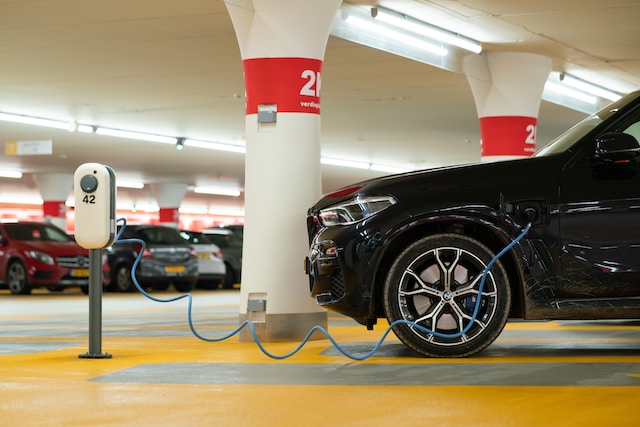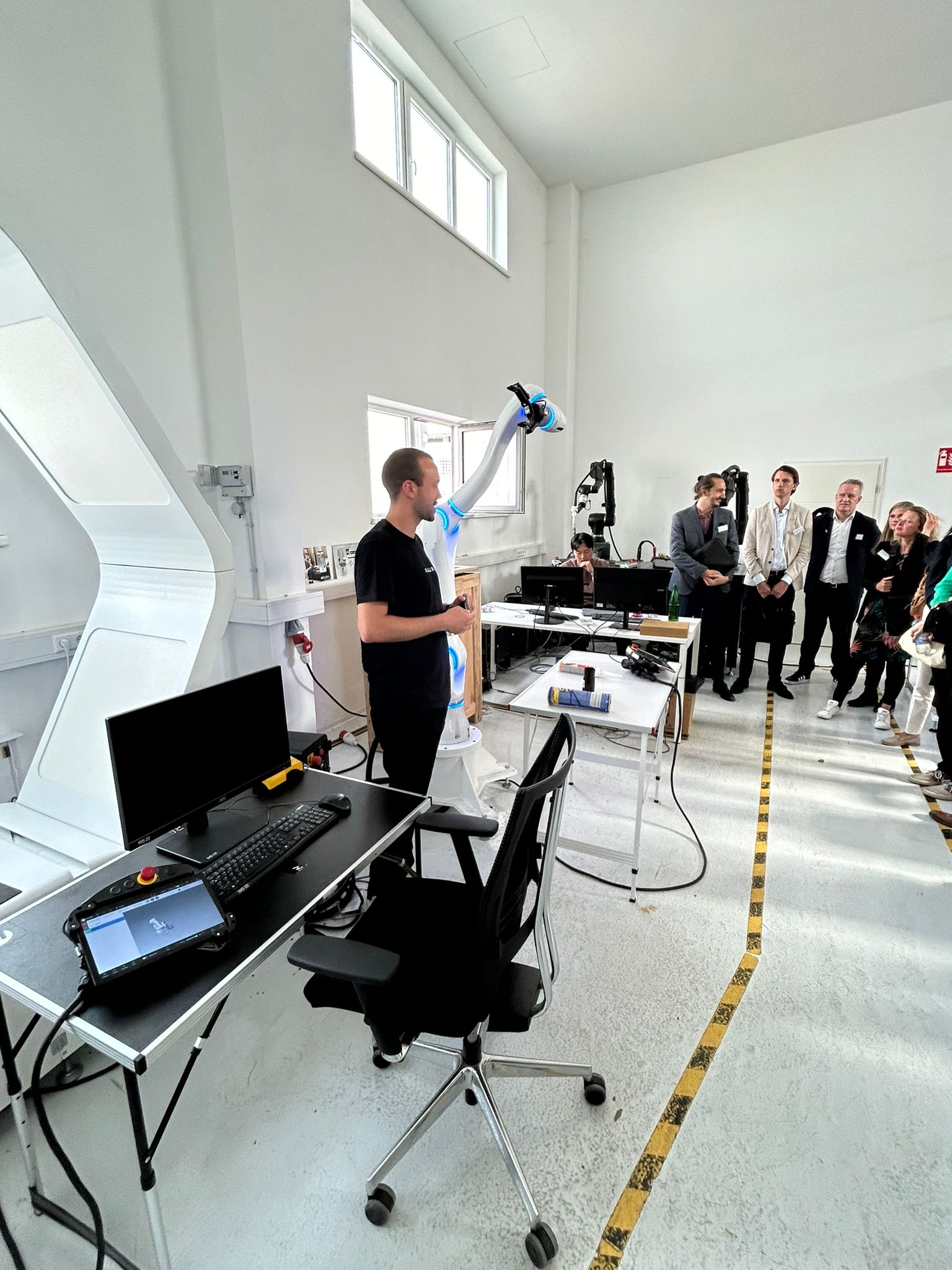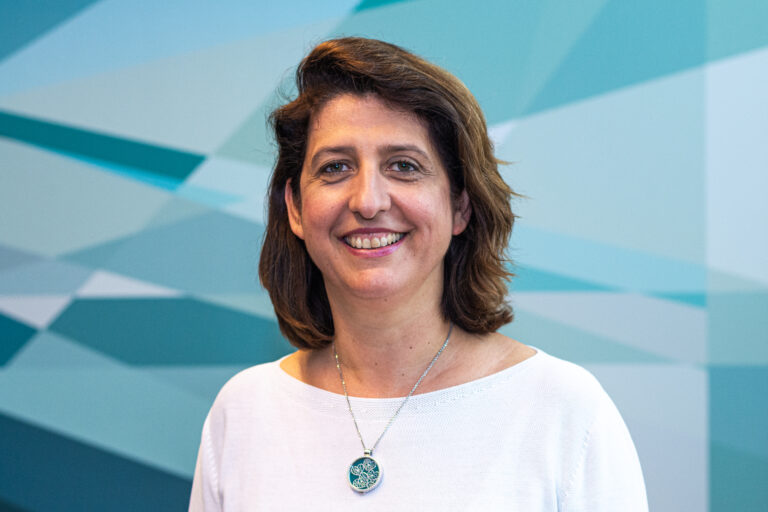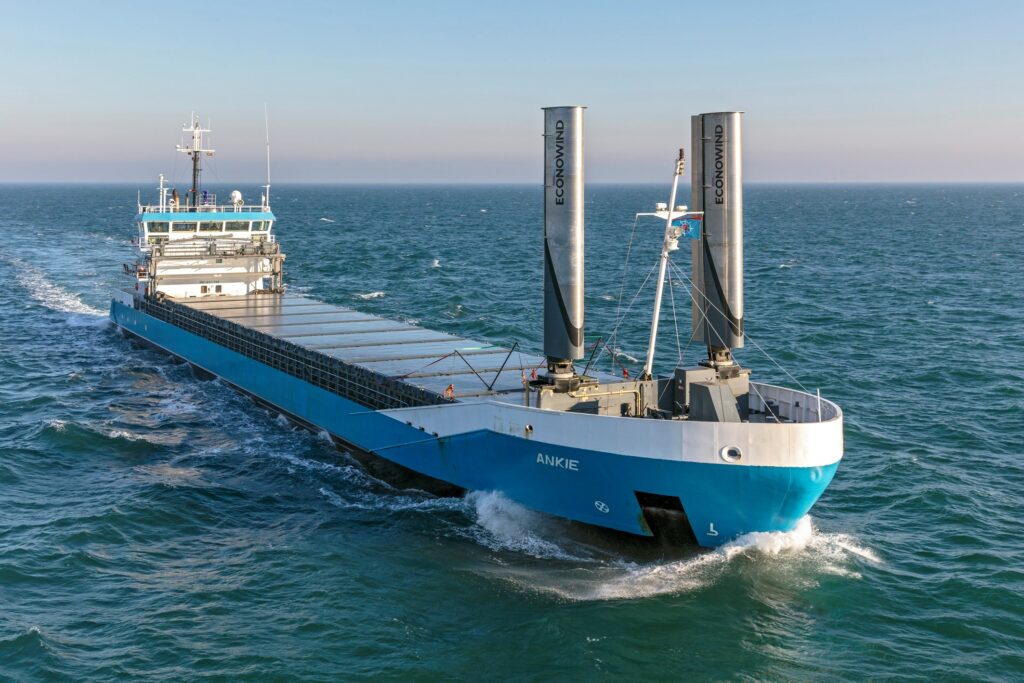Use of Artificial Intelligence
We advocate smart planning algorithms to coordinate such flexible power consumption several hours into the –inherently uncertain— future. In our URSES research project GCP we found that state-of-the-art stochastic optimization as well as algorithms for sequential decision-making under uncertainty can construct such plans for a single flexible load and/or generator. Based on this, we have developed algorithms and mechanisms that allow i) scaling to many loads or generators while ii) taking network congestion into account.
What challenge does it solve?
These algorithms provide a foundation for planning EV charging under current market regulations. This context gives rise to new and challenging research questions, such as which algorithms give the most acceptable results for an aggregator for charging EVs? how to coordinate the charging of many EVs within physical limitations of the distribution network? and what is the effect of these advanced algorithms in practice?
We will answer these questions by extending our earlier algorithms. We will first test these extended versions in a realistic simulation environment for EV charging. We will then bring our algorithms into practice at a concrete pilot location in Amsterdam. This will involve an implementation compliant with USEF and current hardware, taking network limits into account. In particular, we will quantify the cost reduction our advanced algorithms bring.
Made possible by
This is a follow-up on our GCP project with main project partner Jedlix.
More information
For further information, contacts, or more projects of this kind, please refer to the Energy and Sustainability Working Group. For this, visit:
- The Community Platform (for participants)
- Or the website page (for non-participants)






